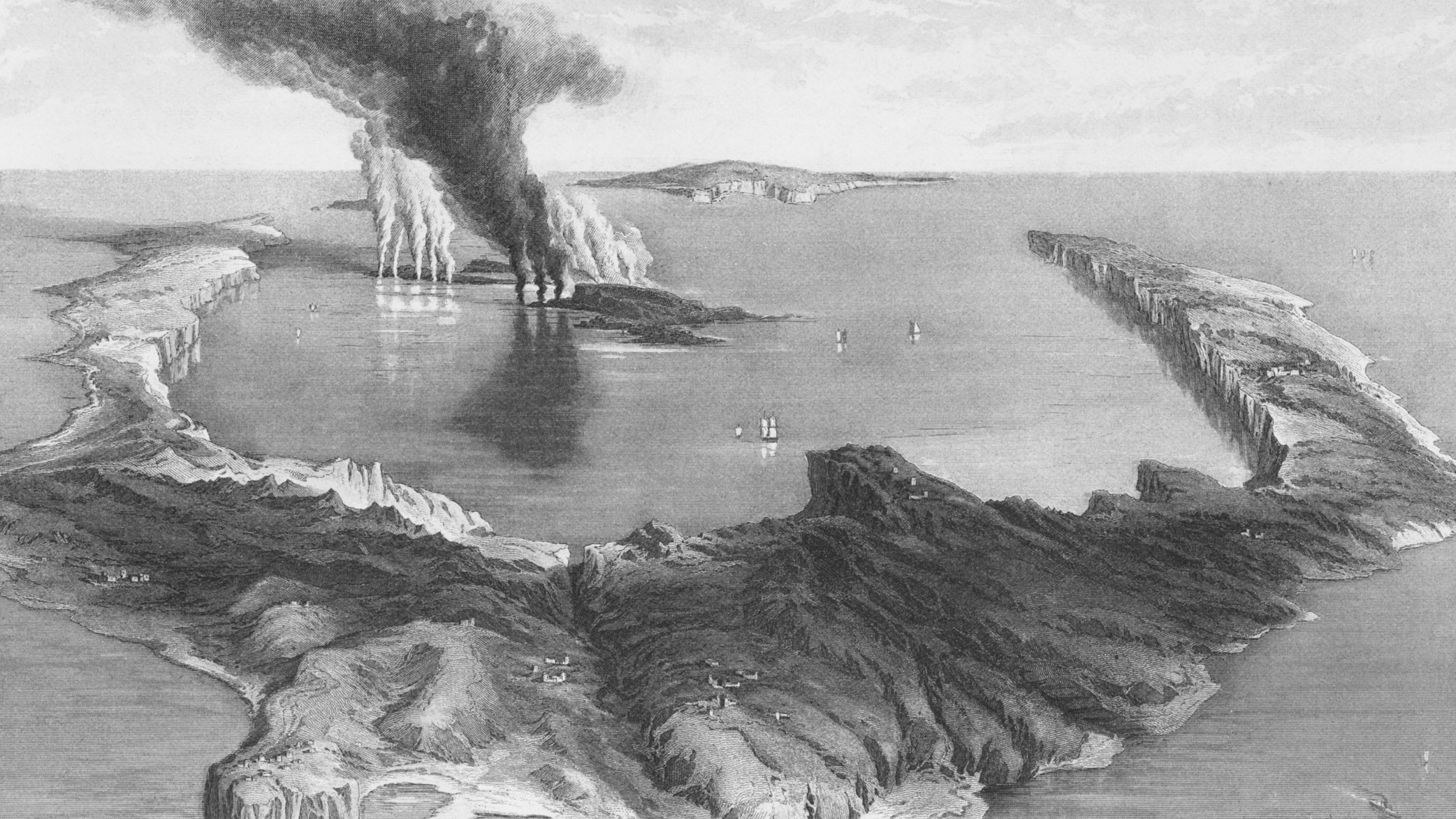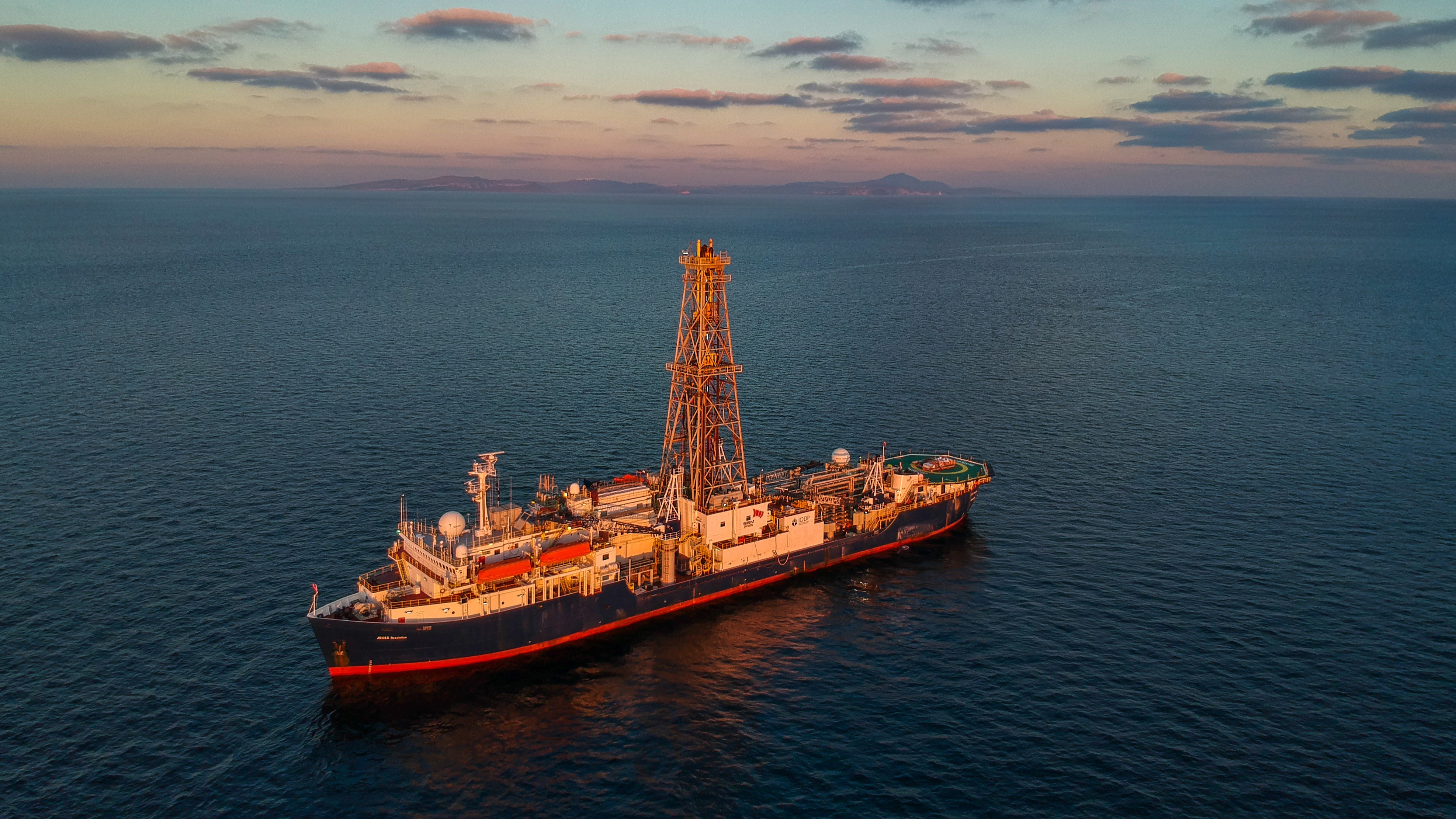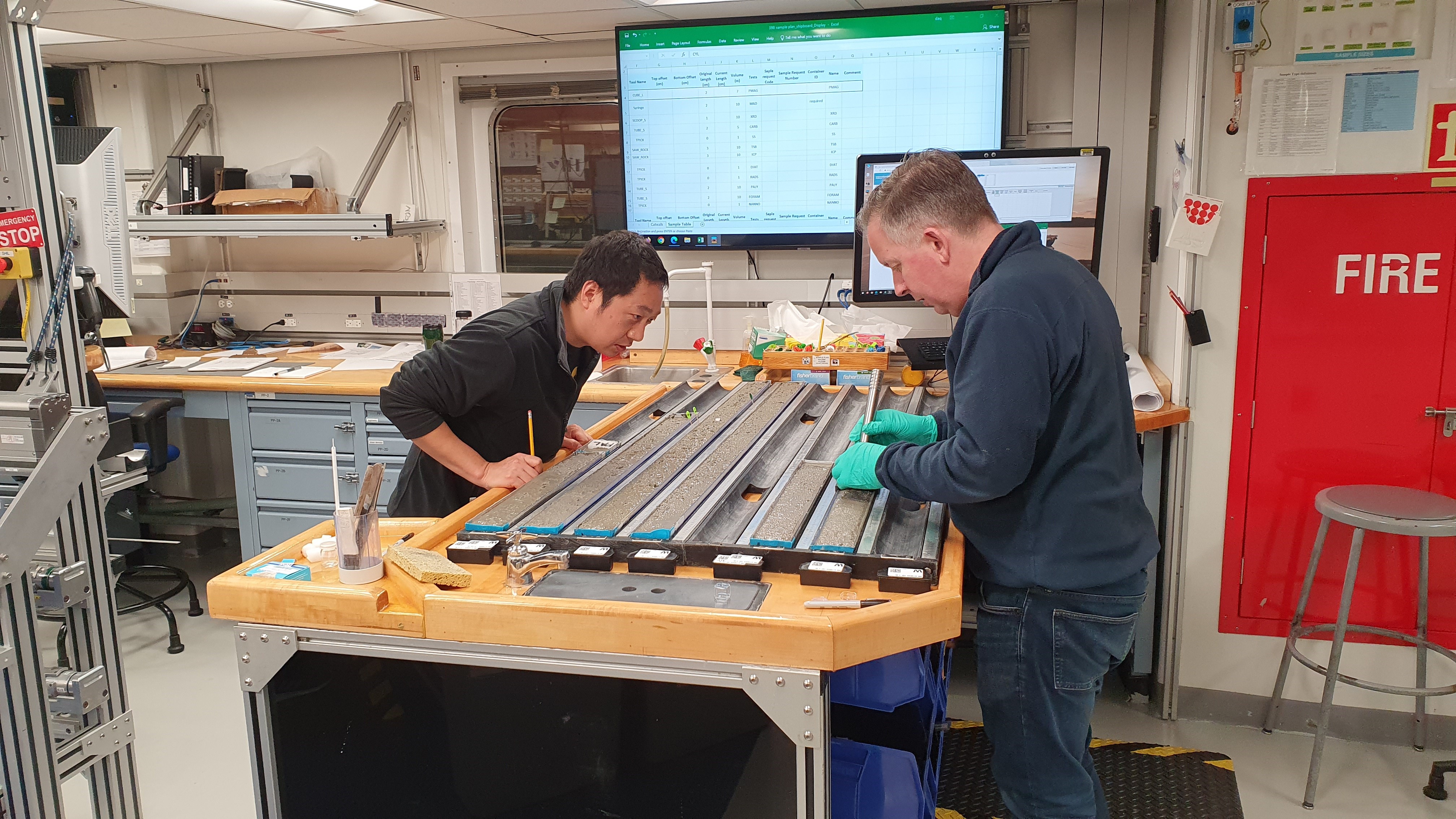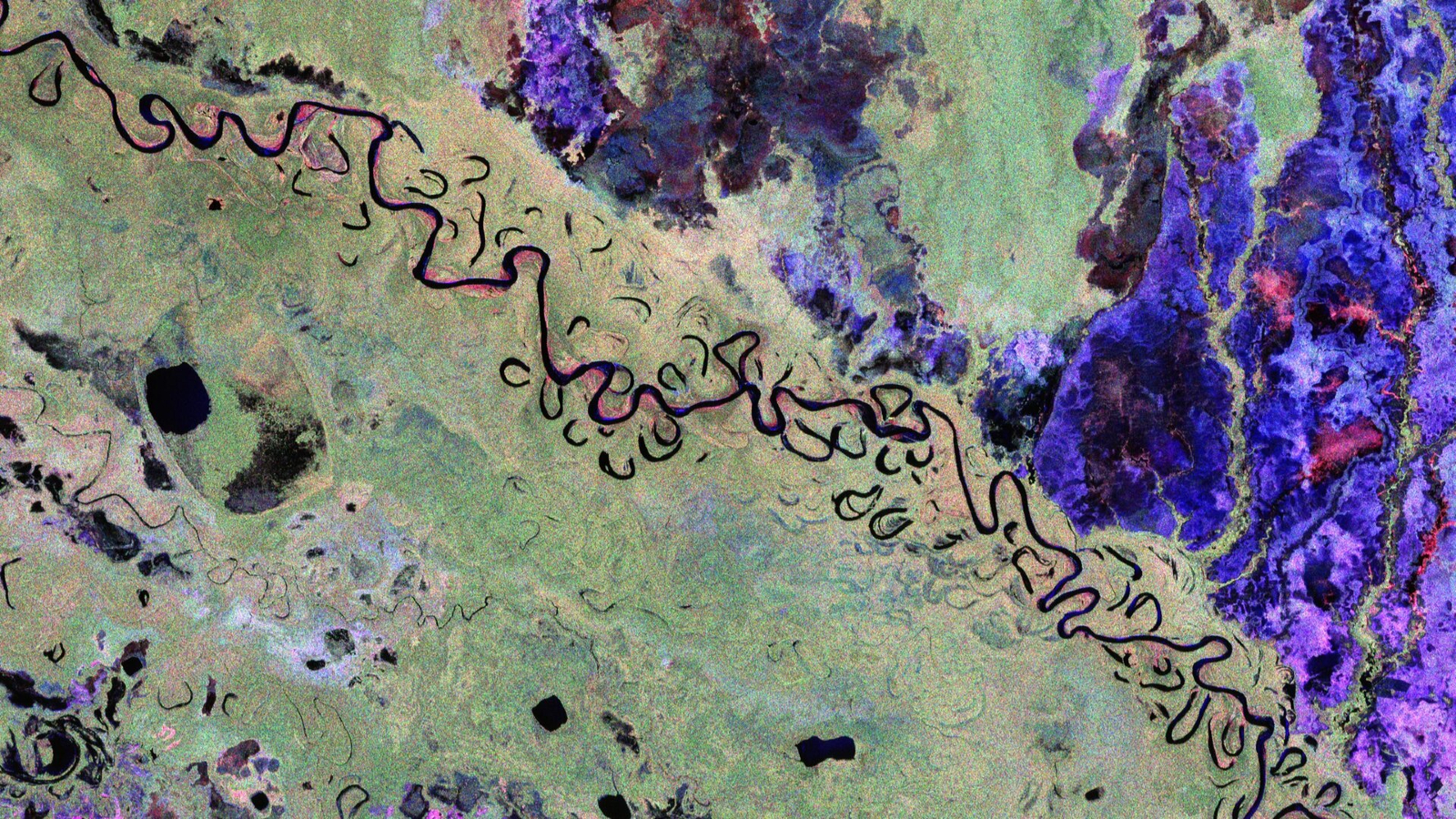Underwater Santorini volcano eruption 520,000 years ago was 15 times bigger than record-breaking Tonga eruption
A 500-foot-thick layer of pumice rock on the Mediterranean seabed indicates Santorini volcano ejected 15 times more material than Hunga-Tonga during a previously unknown eruption.

Deep beneath the Mediterranean seabed circling the Greek island of Santorini, scientists have discovered the remnants of one of the most explosive volcanic eruptions Europe has ever seen.
A giant layer of pumice and ash, which is up to 500 feet (150 meters) thick, revealed that around half a million years ago, the Santorini volcano erupted so explosively it was 15 times more violent than the Hunga Tonga-Hunga Ha'apai eruption of 2022. The Tonga eruption shattered several records, triggering the fastest atmospheric waves ever seen and the first known mega-tsunami since antiquity.
"We know that this volcano's had many big, explosive eruptions — sort of Krakatoa style," study lead author Tim Druitt, a professor of volcanology at the University of Clermont Auvergne in France, told Live Science. But the newly discovered deposits point to a cataclysmic blast "that we didn't even know had existed."
Extensive land-based research has previously painted a relatively detailed picture of past volcanism across the Hellenic Island Arc — a string of volcanic islands stretching from Greece to Turkey along a curved line where the African tectonic plate plunges beneath Europe. For instance, geologists knew that Santorini emerged from the sea about 400,000 years ago, as successive eruptions piled volcanic debris onto the seafloor. The present-day Santorini archipelago formed during the Late Bronze Age (1600 to 1200 B.C.), when the explosive Minoan eruption blasted the top off what was then one island. A magma chamber beneath the Kameni islands, in the center of the Santorini caldera, still feeds the volcano today.
Related: Iceland volcano could erupt again 'without warning' as magma still moving beneath Grindavík
But there's only so much scientists can learn on land, Druitt said, because erosion from rain and wind wipes away some geological evidence. "That's why we moved to the marine realm, because in the sea it's calmer," he said.
To find out more about the region's volcanic activity, Druitt and his colleagues drilled into marine sediments around Santorini in late 2022 and early 2023. With help from the International Ocean Discovery Program, the researchers extracted sediment cores from up to 3,000 feet (900 m) below the seafloor at 12 drilling sites.
Get the world’s most fascinating discoveries delivered straight to your inbox.
The team could then read the different layers of sediment "like a book," Druitt said.
"What you see is volcanic layers from all the eruptions that we knew on land," he said. "But then we go down to deeper levels before the volcano became emergent, when it was still submarine."
It's in these deeper levels that researchers discovered the remnants of a 520,000-year-old eruption that was "bigger than anything else Santorini's produced and probably one of the two biggest eruptions that the whole Hellenic volcanic arc has ever had," Druitt said.
The eruption ejected at least 21.6 cubic miles (90 cubic kilometers) of volcanic rock and ash, according to the study, published Jan. 15 in the journal Communications Earth & Environment. The Tonga eruption of 2022, by comparison, produced 1.4 cubic miles (6 cubic km) of debris.
"It's a lot bigger — 15 times bigger — there, in the heart of Europe," Druitt said.
The discovery is big because it shows that the Hellenic volcanic arc is capable of producing tremendous underwater eruptions. "It gives us an example to study in detail of a very large version of Hunga-Tonga," Druitt said.
Santorini probably won't see an eruption on this scale for another several hundred thousand years, Druitt said. The volcano last erupted in 1950, emitting lava that didn't pose a significant threat.
However, the magma chamber "will continue to feed eruptions of lava and small explosive eruptions for the coming decades and maybe even centuries," Druitt said.

Sascha is a U.K.-based staff writer at Live Science. She holds a bachelor’s degree in biology from the University of Southampton in England and a master’s degree in science communication from Imperial College London. Her work has appeared in The Guardian and the health website Zoe. Besides writing, she enjoys playing tennis, bread-making and browsing second-hand shops for hidden gems.
 Live Science Plus
Live Science Plus







